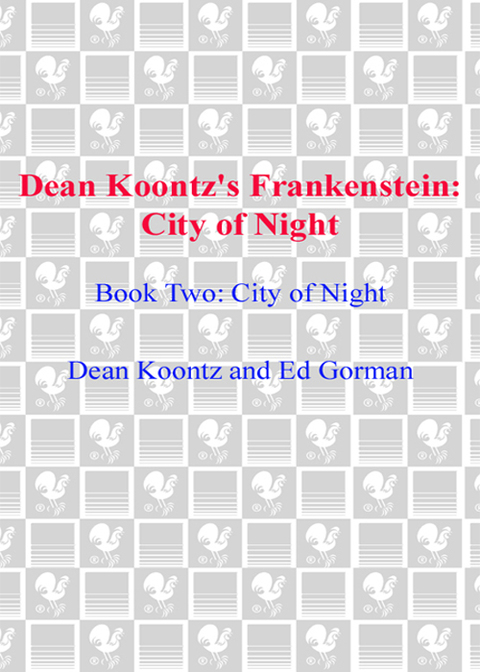
Frankenstein [2] City of Night PDF
Preview Frankenstein [2] City of Night
Starred Review Relax. Dean Koontz's Frankenstein, volume one of which, Prodigal Son (2005), was a pulse-pounder all the way, is going to be a trilogy. But don't expect to relax all that much. This book cooks, no second-volume doldrums anywhere in it. Its short, punchy chapters, 80 in all, seem to reflect the whole saga's TV miniseries origins in their jump-cutting between plot trajectories, but that seeming also owes much to the visualizability, so to speak, of everything in the book. But enough about technique. The manufactured young man who went AWOL from 200-plus-year-old Victor Helios-ne-Frankenstein's labs in Prodigal Son turns out to be not the only improved Frankenstein monster who is behaving strangely. Since he was created autistic for experimental purposes, he may be the least strange of the lot. Some of his "normal" fellows are mutating a la Alien, none more spectacularly than Victor's body guard. Deucalion, the original monster, now greatly humanized, especially ethically and morally, realizes that the mutations portend a much larger wave of breakdowns among the so-called New Race. That bodes very ill for a New Orleans heavily salted with Victor's creations, all of them programmed to kill mere humans at Victor's command, which the mutants no longer obey. Meanwhile, NOPD detectives Carson O'Connor and Michael Maddison prepare to hunt Victor down, even as a couple of hit-person New Racers track them. And then there is Erica Five, Victor's brand-new "wife," learning to be a better spouse by exploring hubby's house. Smart dialogue and cutting-edge scientific notions (Deucalion has learned how to teleport) are the oh-so-sweet icing on this delectable thriller's irresistible, devourable cake. Ray Olson
Copyright © American Library Association. All rights reserved
“Of all bestselling authors, Koontz may be the most underestimated by the literary establishment. Book after book, year after year, this author climbs to the top of the charts. Why? His readers know: because he is a master storyteller and a daring writer, and because, in his novels, he gives readers bright hope in a dark world.”—_Publishers Weekly_,starred review
